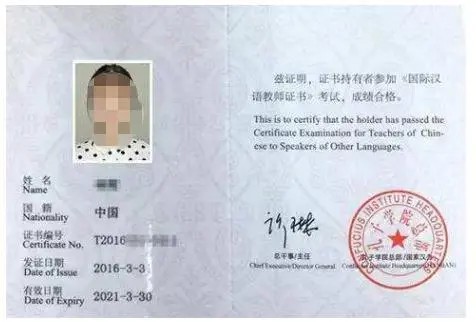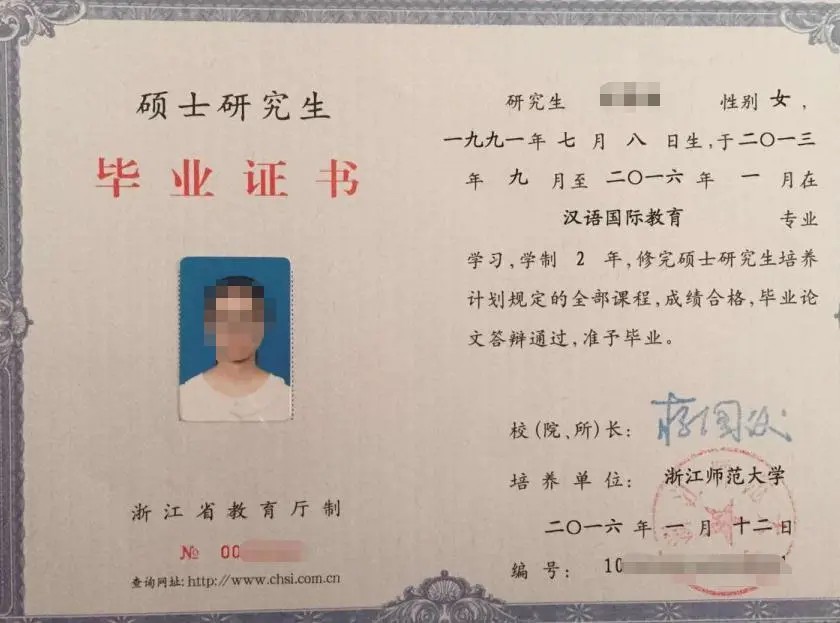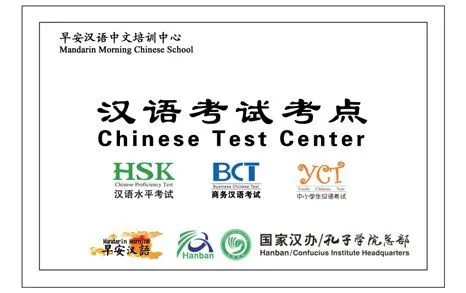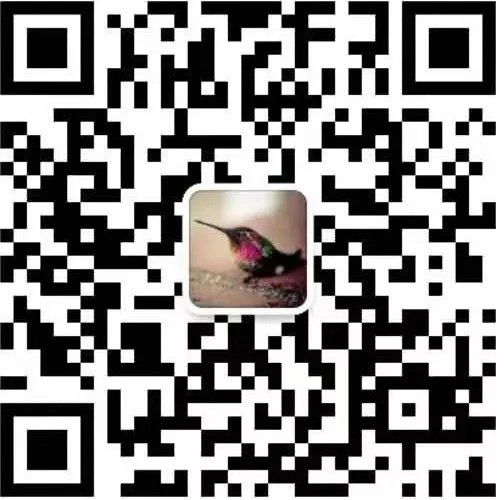Two of the most common result complements in Chinese are 到 (dào) and 见 (jiàn). In this article we're only going to be talking about verbs related to the senses ("see," "hear," etc.), and for this usage, the two are interchangeable. Result complements are a huge topic in Chinese grammar, but you can approach them in stages. The structure you come across the most is a verb with 到 (dào): Structure: Subj. + Verb + 到 + Obj. What 到 (dào) does is indicate that the outcome of the verb is achieved - what its result is. Without a result complement, the sentence would describe only the action itself. To illustrate, 看 (kàn) "to look" is the action of turning your head in a particular direction and focusing your eyes, whereas 看到 (kàndào), "to see," is the result of your brain taking in the visual input. It may sound a little hokey, but it really is possible to "look but not see," and Chinese makes a clear distinction between the action and the result. The complement 见 (jiàn) is very similar to 到 (dào), and it is used in the same way: Structure: Subj. + Verb + 见 + Obj. However, there is a difference. 见 (jiàn) is generally only used after verbs involving one of the senses, like 听 (tīng) and 看 (kàn), whereas 到 (dào) can be attached to a large variety of verbs, which we will discuss at a higher level later. Examples: 你看见那个帅哥了吗? (nǐ kànjiàn nàge shuàigē le ma) = Did you see that handsome guy? 你看到那个帅哥了吗? (nǐ kàndào nàge shuàigē le ma) = Did you see that handsome guy? 你听见了吗? (nǐ tīngjiàn le ma) = Did you hear it? 你听到了吗? (nǐ tīngdào le ma) = Did you hear it? Negative Forms Structure: Subj. + 没 + Verb + 到 / 见 + Obj. This structure can be negated using 没 (méi) on 没有 (méiyǒu). This is because if there is a result, then it already happened. And you need to use 没 (méi) to negate past events, not 不 (bù). Examples: 你没看到那个帅哥吗? (nǐ méi kàndào nàge shuàigē ma) = You didn't see that handsome guy? 你没看见那个帅哥吗? (nǐ méi kànjiàn nàge shuàigē ma) = You didn't see that handsome guy? 你没听到吗? (nǐ méi tīngdào ma) = You didn't hear it? 你没听见吗? (nǐ méi tīngjiàn ma) = You didn't hear it? # Our teachers # More than 10 years teaching experience Master Degree Certificate for teaching chinese as a foreign language   # About us # Founded in 2007 Chinese test and training center 200+ Chinese teachers 5000+ students  # Contact us# Name:fiona Phone number:021-52287809,13918358891 E-mail:info@mandarinmorning.com www.mandarinmorning.com If you are interested to join Mandarin Morning school or want more details about our services, scan the following QR code. ☟   Mandarin Morning Chinese test center attached to Confucius institute headquarters Authorized Test Center and Training Center for International Chinese Language Teacher Certificater 10 years+ ,200 teachers ,more 10000 students,200+companies  |